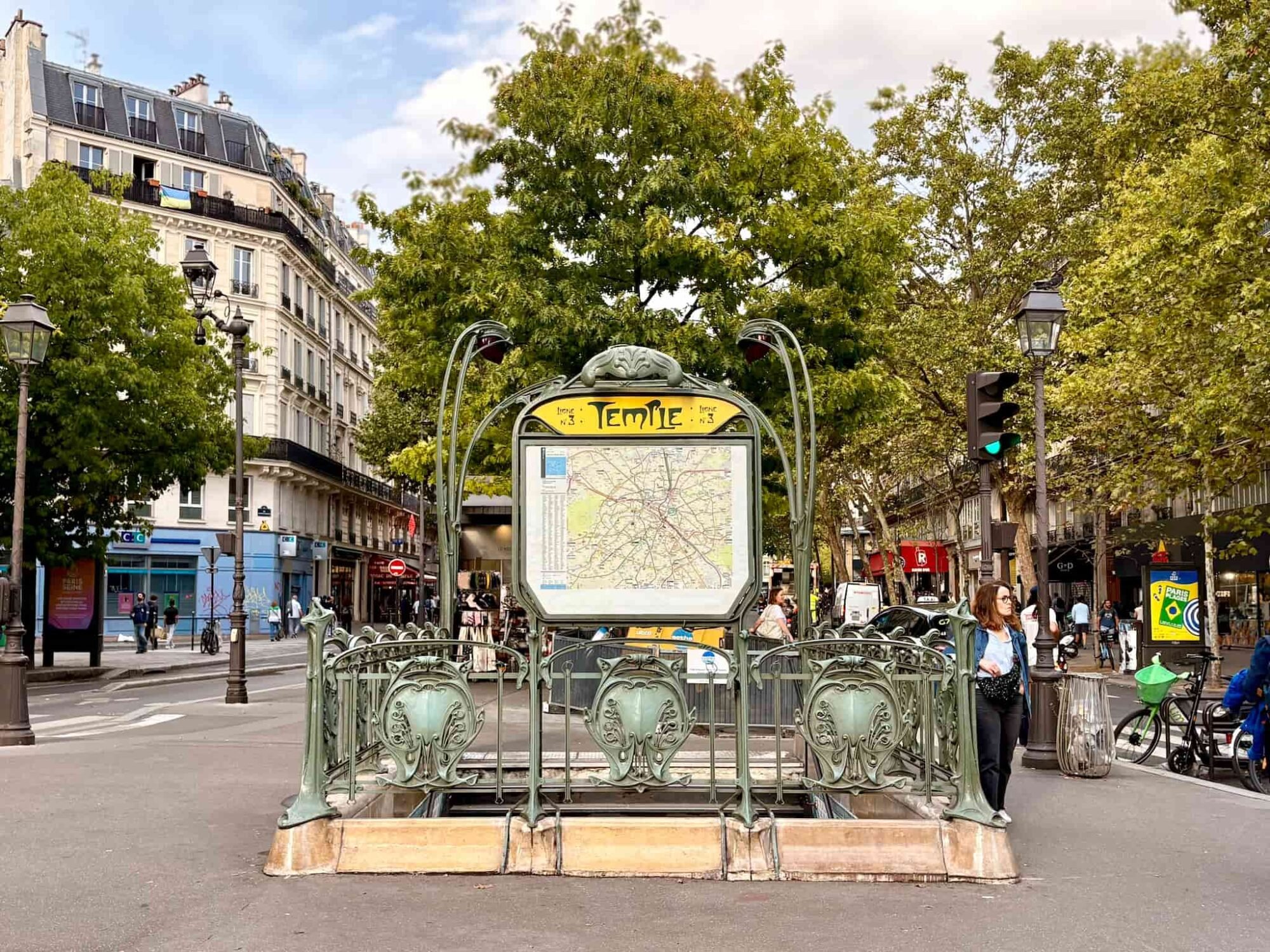EU officially retires its ‘no cherry-picking’ Brexit line
A top EU diplomat described the pithy analogy as “no longer helpful.”
LONDON — It used to be one of the iron laws of Brexit. Not anymore.
The EU has officially retired its “no cherry-picking” line in dealings with the U.K. — after nearly a decade of using it to torment British prime ministers.
The phrase — a favorite of Brussels’ hardball negotiator Michel Barnier — cast the bloc’s single market as an indivisible monolith.
Participation in individual sectors without taking on responsibilities like free movement was not on the table. The message? Take it or leave it.
But speaking on Tuesday, Pedro Serrano, the EU’s ambassador in London, described the pithy analogy as “no longer helpful.”
“This is not about cherry-picking or not cherry-picking. We have identified a number of issues that are of mutual interest,” Serrano told an event hosted by the UK in a Changing Europe think tank.
“I think it could be good if we started moving beyond rhetorics that are no longer helpful and that we look at the relationship as a living relationship,” he added.
In the Berlaymont, too, the line is seen as passé. The rhetorical re-think comes after the U.K. and EU concluded a deal at a much-hyped London summit that, to long-term Brexit observers, looks exactly like cherry-picking.
Brussels and London agreed earlier this month to start negotiations on British access to the single market for electricity and agri-foods, two sectors where Britain’s exit has been causing problems. When it suited both sides, cherries were back on the menu.
Charles Grant, director of the Centre for European Reform, said the cherry-picking line had been “a product of the strained relationship that followed the referendum, and the EU’s concern that other countries should not follow the U.K.’s example.”
“The truth is that where there is mutual interest in the two sides moving closer — as there is on [sanitary and phytosanitary (SPS) agri-food rules] and energy trading — the EU is happy for the British to pick a cherry.
“There will be other examples in the future of the U.K. de facto moving back into sectors of the single market, though it will have to accept dynamic alignment with EU rules in each of these areas.”
Paul Adamson, chair of the EU-UK Forum and a longtime Brexit watcher, added: “It might not seem obvious at the moment, but the summit may well have paved the way to embed a new ‘win-win’ approach to future talks.”
Next steps
The roadmap agreed at the summit spells out the issues where both sides want to move closer — and just how much closer. As well as improved electricity trading and a sanitary and phytosanitary agreement, the “common understanding” anticipates agreements on issues like fishing, carbon trading, law enforcement cooperation, and visas for young people.
While exploratory talks of varying intensity have already taken place across the different policy areas, formal legal negotiations can only take place once the European Commission secures a mandate on each topic from EU member countries on the Council.

Separate mandates will be agreed for each issue, with priority given time-sensitive issues like fishing and energy, which have impending cliff edges next year. The aim is for the first mandates to emerge around July 1, a person familiar with the timetable said.
The two capitals also want to quickly negotiate U.K. access to the EU’s €150 billion SAFE defense fund.
Britain’s ambassador to the EU, Lindsay Croisdale-Appleby, suggested at the event Tuesday that this would not require a formal negotiating mandate in the manner of the other policy areas and so could move more quickly. European Commission President Ursula von der Leyen has suggested that talks on this subject might take just “weeks.”
Both sides seem relatively happy for the different topics to move at different speeds. But the package put together at the summit — which saw the U.K. controversially give away 12 years of generous fishing rights to EU fleets in exchange for breaking the omertà on cherry-picking — was deliberately balanced to please both sides.
“I do think obviously it would be a challenge for both sides if a very significant element wasn’t progressed,” Croisdale-Appleby told the event. “That would cause a challenge or a problem, because what we were trying to put together was a balanced agreement of the kind that both sides would see shared value in going forward.”
Difference of emphasis
Brussels and London are both feeling positive about the outcome of the summit, and relations remain good. But the aftermath of the meeting has seen each side portray the outcome slightly differently.
British Prime Minister Keir Starmer, as well as official Downing Street communications on the day, presented the agreement as a series of done deals — barely mentioning that it was mostly a to-do list of things to negotiate. Some coverage in the British media repeated the mistake.
Croisdale-Appleby argued that the agreement “reflects substantive agreement on policies, not just a commitment to pursue those policies.” But London’s emphasis has irked some officials in Brussels, who regard it as unhelpful spin.
Serrano remained diplomatic, however, stating only that “the summit provides a vision for the future of the relationship, and a roadmap for that future relationship, and now it’s about implementing.”
This time next year “hopefully we will have an agreement on SPS. We will have another agreement on the implementation of SAFE, we will have an agreement on the youth experience scheme, we will have implemented a number of decisions on further cooperation on justice and home affairs,” the EU ambassador said.
“We will be hopefully as well — why not — advancing on electricity, and have clear vision of how our relationship in that field is going to advance. So I do think that in the next year, leaders on both sides will look forward to seeing most of what has — if not all — most of what has been agreed, implemented.”




















:quality(85):upscale()/2023/10/03/668/n/1922283/1f15c8a9651c2d209e5eb5.32783075_.jpg)
:quality(85):upscale()/2025/08/14/650/n/1922283/470aeb83689df49cdc1bb6.14084110_.jpg)
:quality(85):upscale()/2025/08/13/775/n/1922283/3c0cbead689ccd0c422644.10221678_.png)
:quality(85):upscale()/2025/01/08/844/n/1922398/cde2aeac677eceef03f2d1.00424146_.jpg)
:quality(85):upscale()/2025/07/10/708/n/1922398/8fe2782e686fe372b38bf8.29984296_.jpg)

















